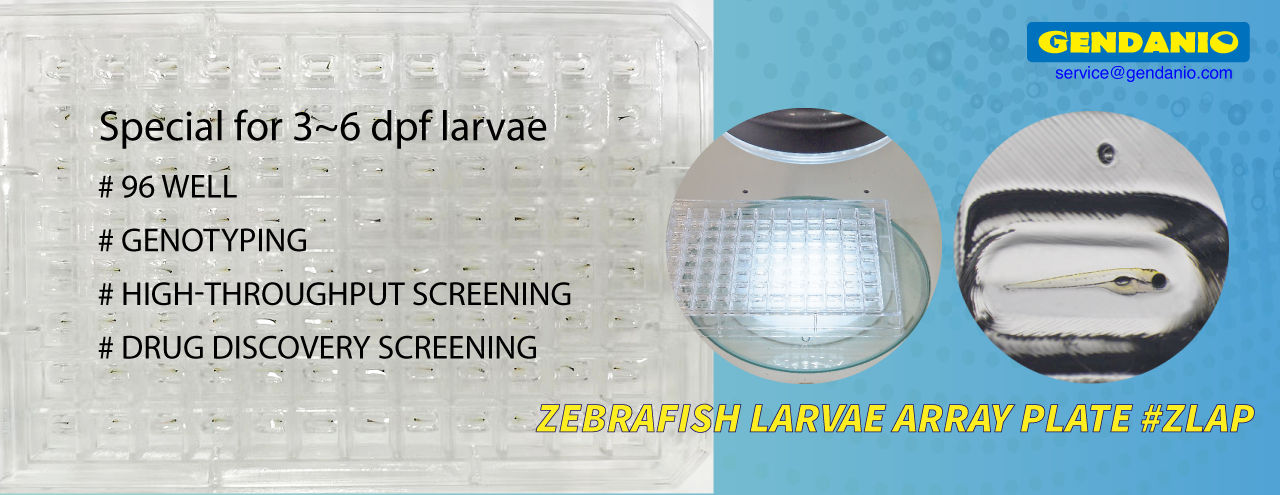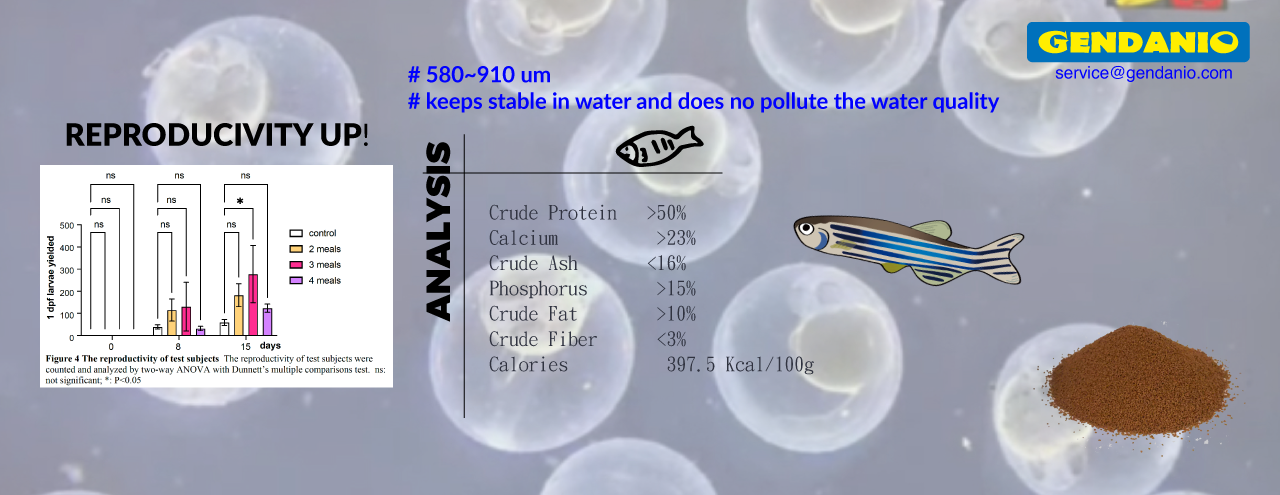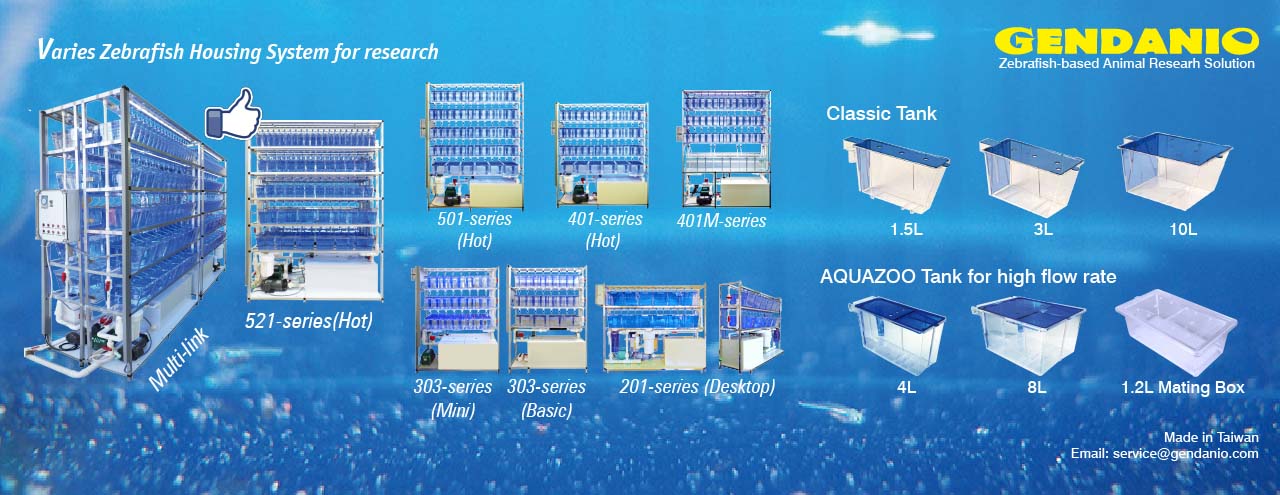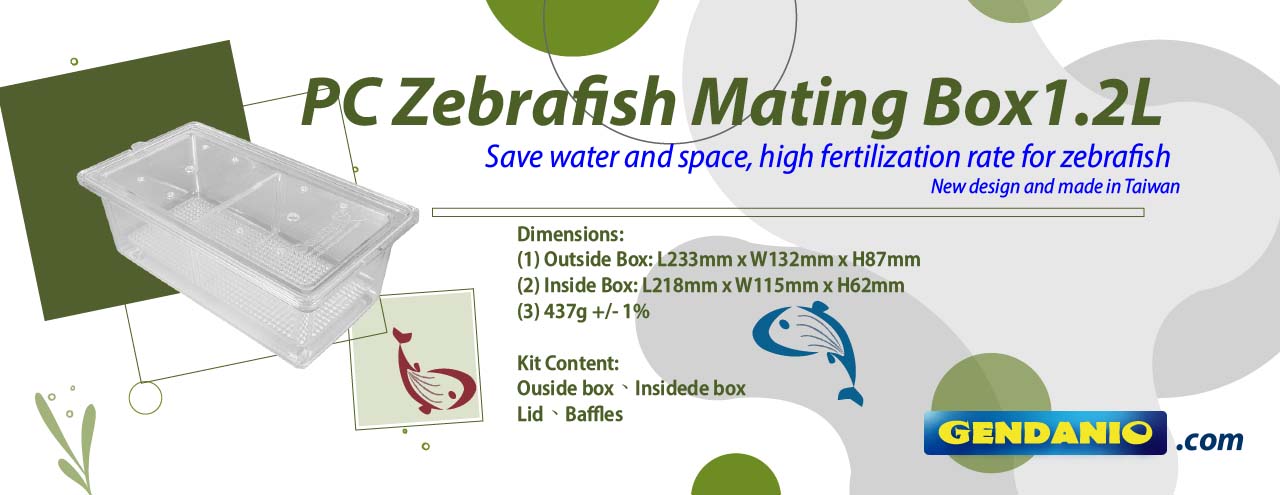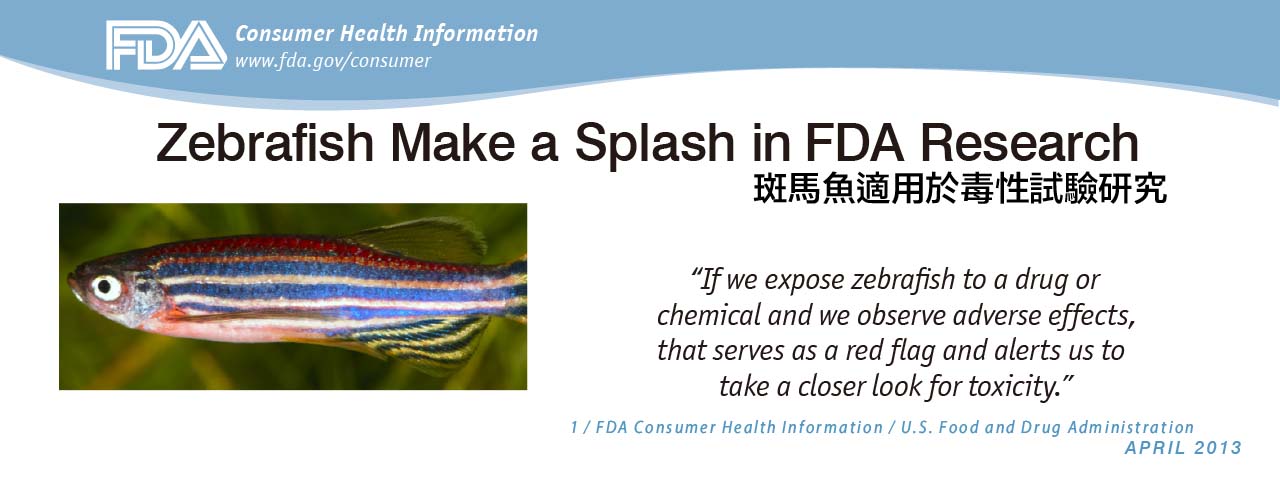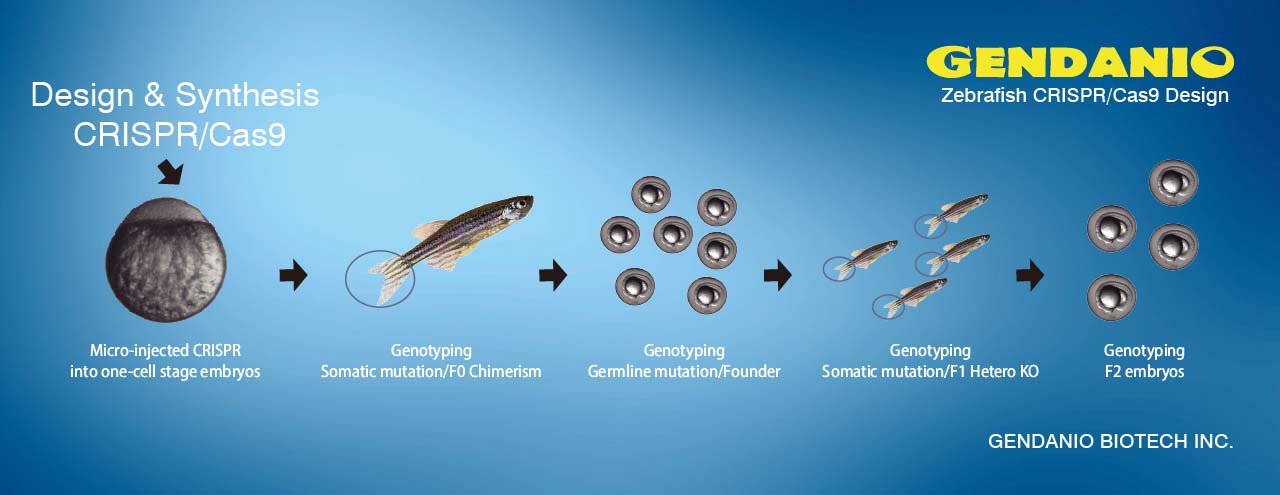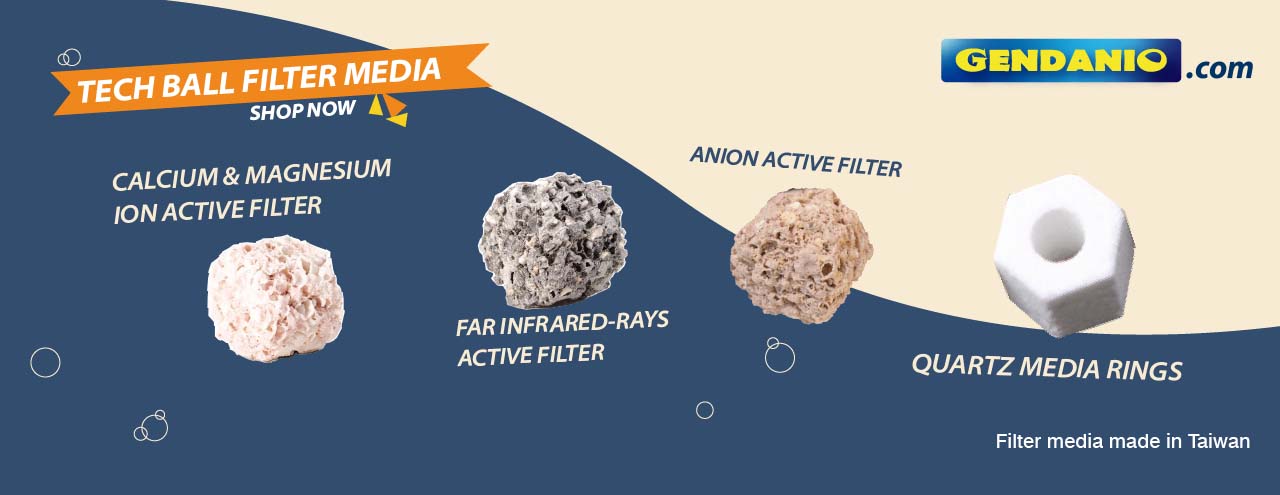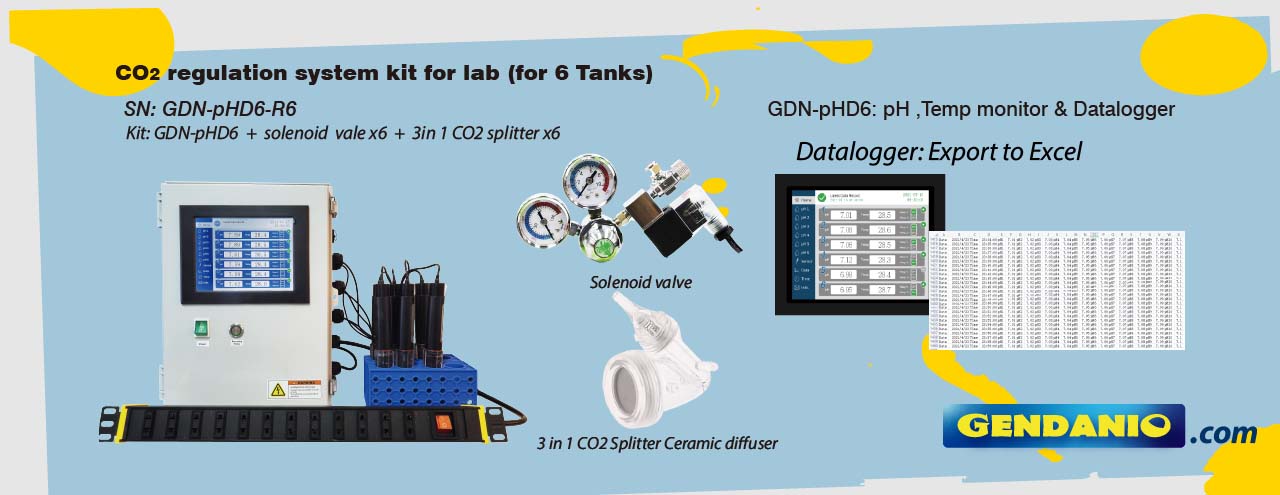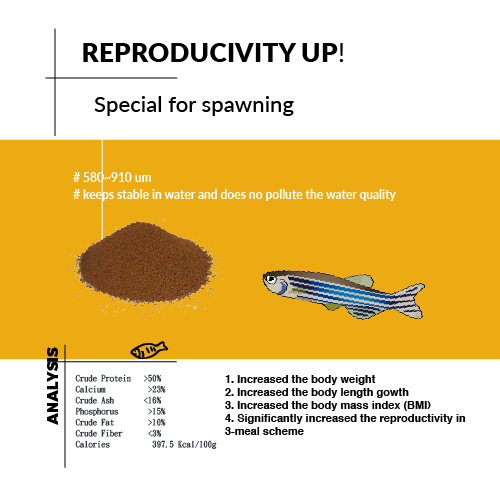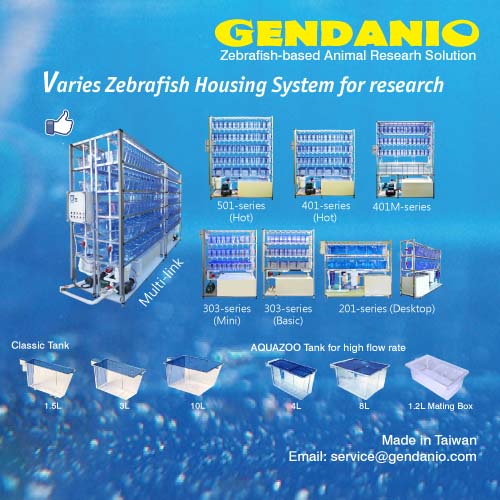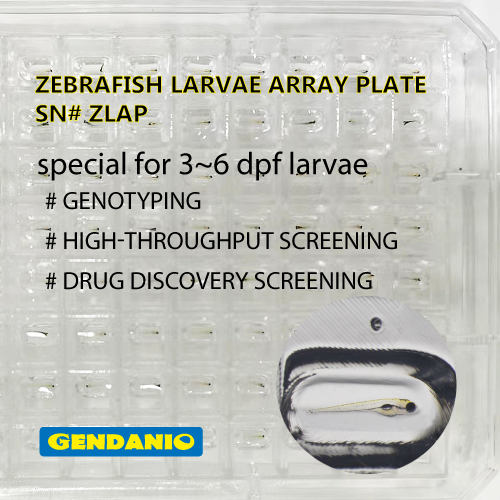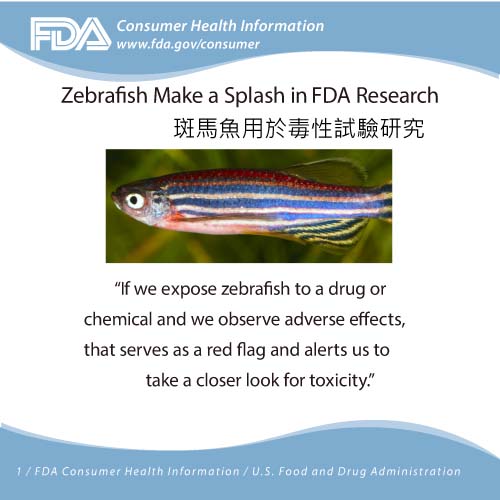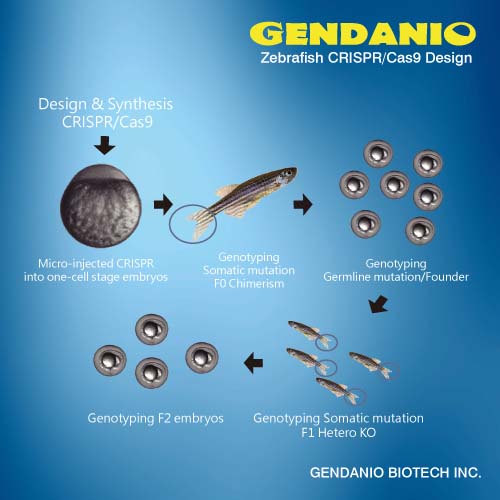Source
Groupe de Recherche en Recyclage Biologique et Aquiculture, Département des sciences animales, Université Laval, Québec, QC, Canada G1V0A6.
Abstract
A study was conducted to investigate the effects of dietary avidin on growth, survival, food conversion, biotin status and gene expression of zebrafish (Danio rerio Hamilton-Buchanan) juveniles (average wet mass 0.178g) fed 7 purified diets for 12weeks. Experimental diets were formulated to provide 0×, 1×, 15×, 30×, 60× and 120× excess avidin versus biotin kg(-1) diet, on a molar basis; a control diet contained neither supplemental biotin nor avidin. Fish fed the control diet had the lowest percentage weight gain and the highest mortality, while the highest percentage weight gain and the lowest mortality was observed with the 0× diet (P<0.05). A linear relationship was observed between feed conversion ratio (FCR) and dietary avidin (r=0.876; P<0.0001). Fish fed diets with 120× more avidin than biotin had the highest whole-body biotin content, while the lowest value was obtained with the control and avidin-free diets (P<0.05). Elevated levels of acetyl CoA carboxylase-A (acca), methylcrotonyl CoA carboxylase (mcc) and propionyl CoA carboxylase-A (pcca) transcripts were recorded in fish fed the control diet, in comparison to the other diets. A broken-line analysis indicated that feeding zebrafish a diet with 60 times more avidin than the dietary biotin requirement level will cause biotin deficiency signs.
Copyright © 2011 Elsevier Inc. All rights reserved.
- PMID:
- 21839851
- [PubMed - in process]
Soruce: NCBI


